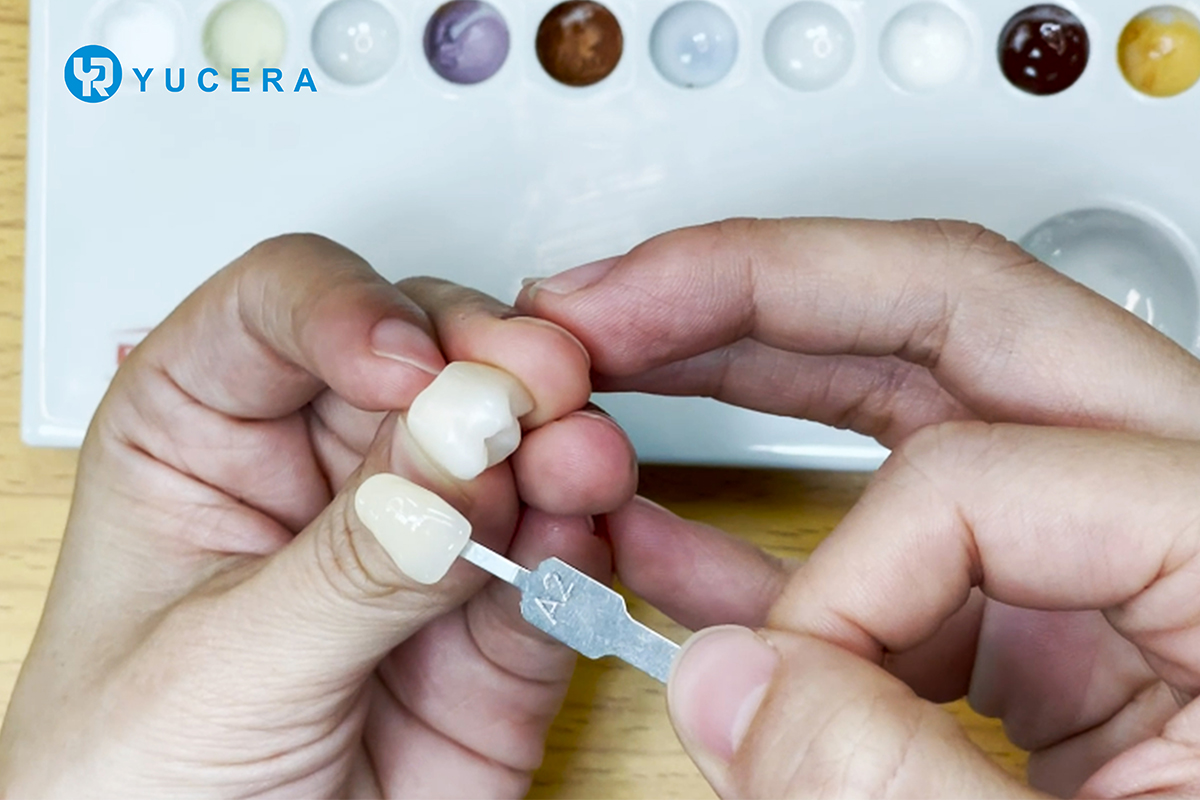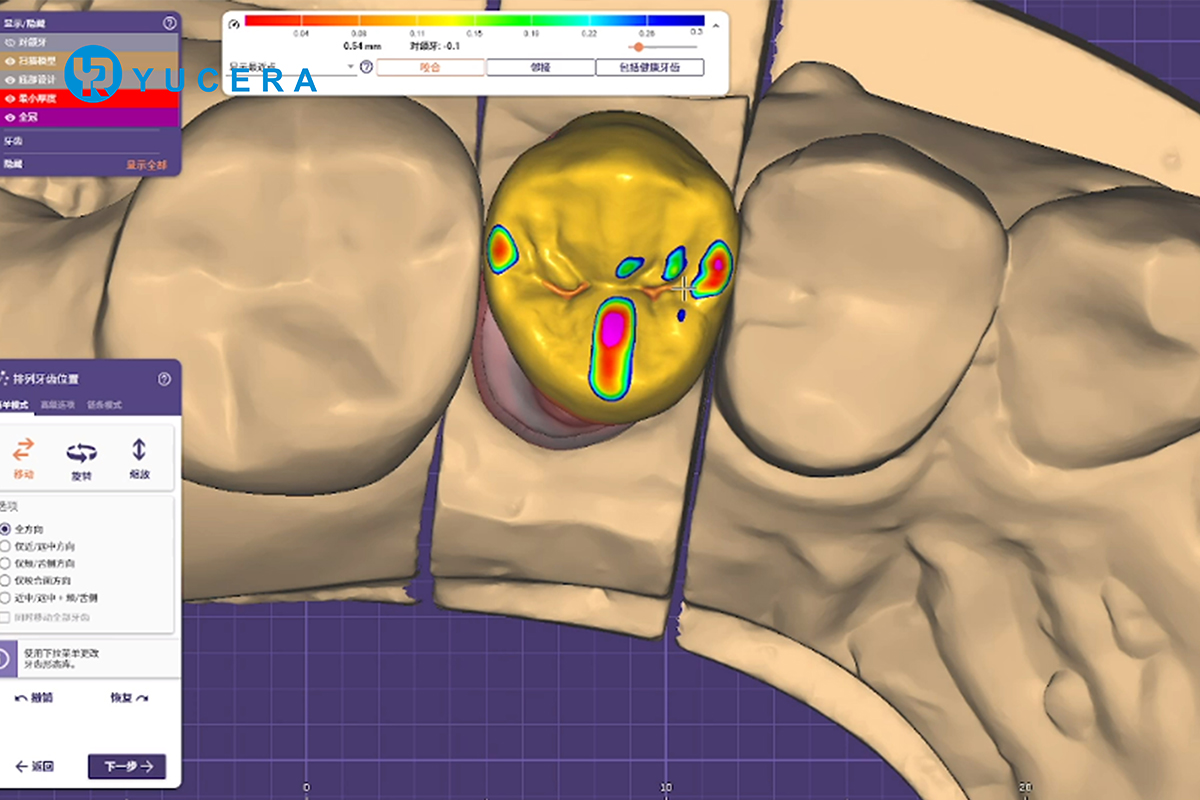Advantages of Digital Complete Denture
2024-12-31
2024-10-13
Dental technicians, also known as dental laboratory technicians, are an indispensable profession in the field of dentistry. They are responsible for the fabrication and repair of dental appliances such as dentures, crowns, bridges, and splints. Becoming a dental technician requires not only exquisite skills but also a profound understanding of dental materials and dental treatments.
I. Educational Certification
To become a qualified dental technician, one must first obtain the relevant educational background, typically by completing a dental technology program that usually takes about two years. These programs are often offered at community colleges, technical institutes, or vocational schools.
When considering entering a dental technology school, several factors need to be taken into account, one of which is the cost of the school. The average tuition for such training institutions ranges from $5,000 to $12,000. After graduating from school, you need to pass the national dental technician certification exam to become a certified dental technician.

There are many specialties within the field of dental technology, and you can choose to focus on one or more areas, such as prosthetics, orthodontics, and implants.
II. Personal Qualities
In addition to the academic and technical skills required to become a dental technician, possessing the following qualities can also make your future work as a dental technician more proficient.
First, you need to have the ability to work independently and in a team. You will work closely with dentists and other dental team members, so good communication skills are essential.
Second, pay attention to detail. This is particularly important when using tools and advanced technology to create dentures.
III. Continuing Education
The field of dentistry is constantly evolving, with new technologies and materials emerging all the time. Therefore, continuing education is crucial for keeping your skills and knowledge up to date.

Attending seminars and conferences: Regularly participate in seminars and conferences in the dental field to stay informed about the latest research results and technological advancements.
Online courses: Utilize online resources, such as online courses and webinars, to update your industry knowledge.
IV. Joining Relevant Associations and Communities
Building a strong industry network is very important for career development, as it facilitates access to the latest news in the field. You can gain experience in the dental technology industry and obtain relevant learning resources by actively joining organizations such as dental technician associations.